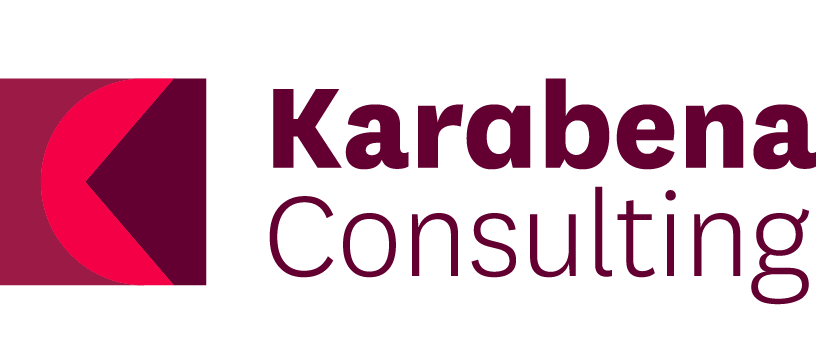Strong Brother Strong Sister Lapsing Program Evaluation
Victorian Department of Health
Who funded the project
Karabena Consulting (Karabena) was engaged by the Department of Health (DH) to conduct a lapsing program evaluation of the Strong Brother Strong Sister (SBSS) suicide prevention and social and emotional wellbeing (SEWB) program.
This evaluation sought to assess the program’s implementation, outcomes, and impact, and by analysing this data determine its overall effectiveness, efficiency, and cost effectiveness. Further, Karabena examined the potential risk, to both individuals and the community, if program funding is not renewed.
The evaluation findings and recommendations are expected to inform DH’s ongoing involvement in the program and support a potential 2026-27 budget bid.
Summary
The main aim of the project was to conduct a lapsing program evaluation of DH’s involvement in the SBSS program. Karabena was required to produce a final report, based on the evaluation activities, that outlined the methodology, analysis of findings, conclusions, and recommendations.
Karabena’s evaluation was guided by three Key Evaluation Questions (KEQ):
KEQ 1 (Effectiveness): To what extend has the program achieved expected outcomes?
KEQ 2 (Efficiency): Has the program been delivered at the lowest cost, without compromising quality?
KEQ 3 (Cost effectiveness): Does the program represent good value for money, and what efficiencies can be realised?
Project Aims
To achieve the project’s aims, Karabena undertook a mixed methods approach, analysing both quantitative and qualitative data related to the SBSS program’s implementation and impact. This included:
A desktop review of relevant National and State policies, initiatives, and reports to establish an evidence-base for the program’s rationale,
A review of SBSS’s annual reports and program data,
Consultations with SBSS staff, Community Leaders, and Family Members, and,
Survey responses from program participants and family members.
Karabena thematically analysed the data to inform key findings and recommendations.
Methodologies
The key output from this project was a Desktop Review and Evaluation Report.
Outputs
The findings and recommendations from our report are under review by DH. It is anticipated that this will inform:
Future budget bids for ongoing funding of the SBSS program by DH,
Ongoing review of funding arrangements (e.g. multi-year funding agreement, funding increases, etc.)
Project Outcomes
Strong Brother Strong Sister
Suicide Prevention
Social and Emotional Wellbeing
Lapsing Program Evaluation
Cultural Identity
Connection and Belonging
Decolonised Mental Health Care
Harm Minimisation
Intergenerational Strength
Community-Driven Approach
Peer Support
